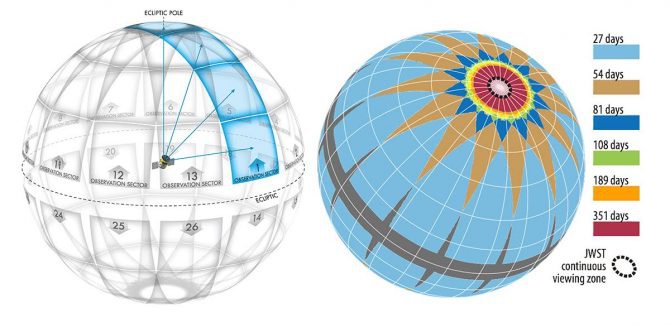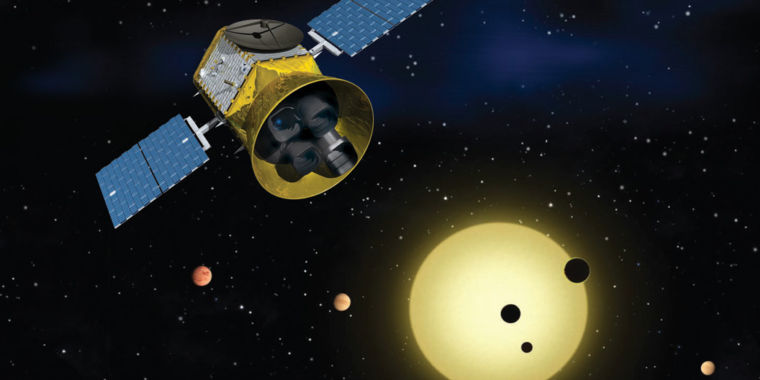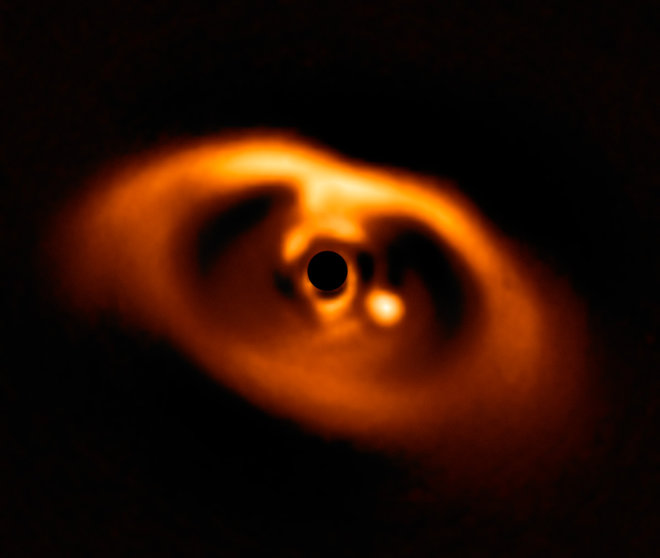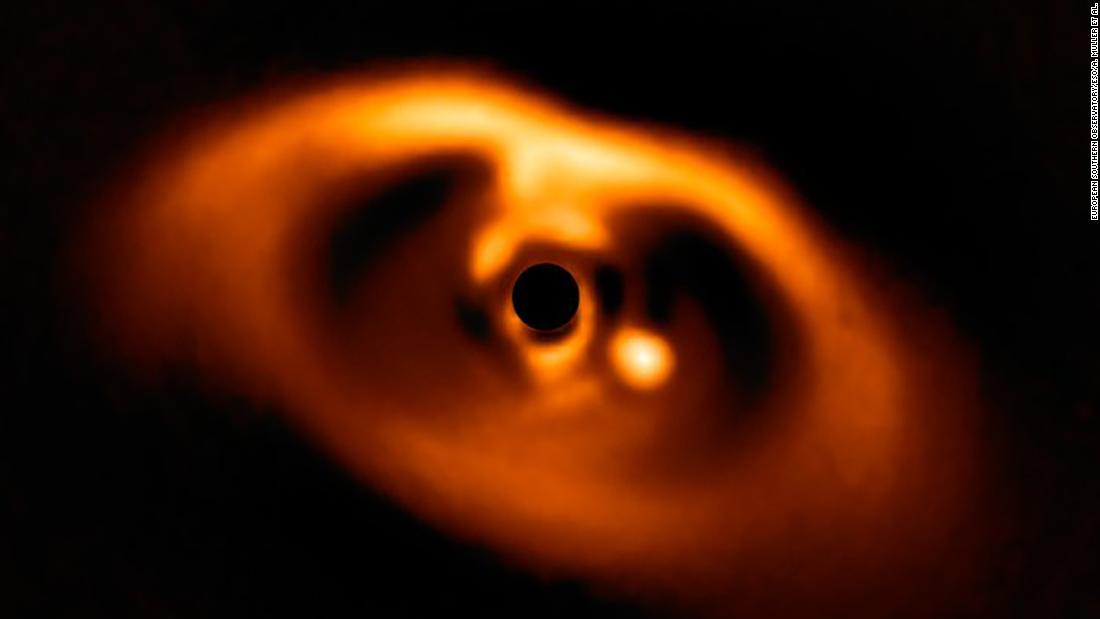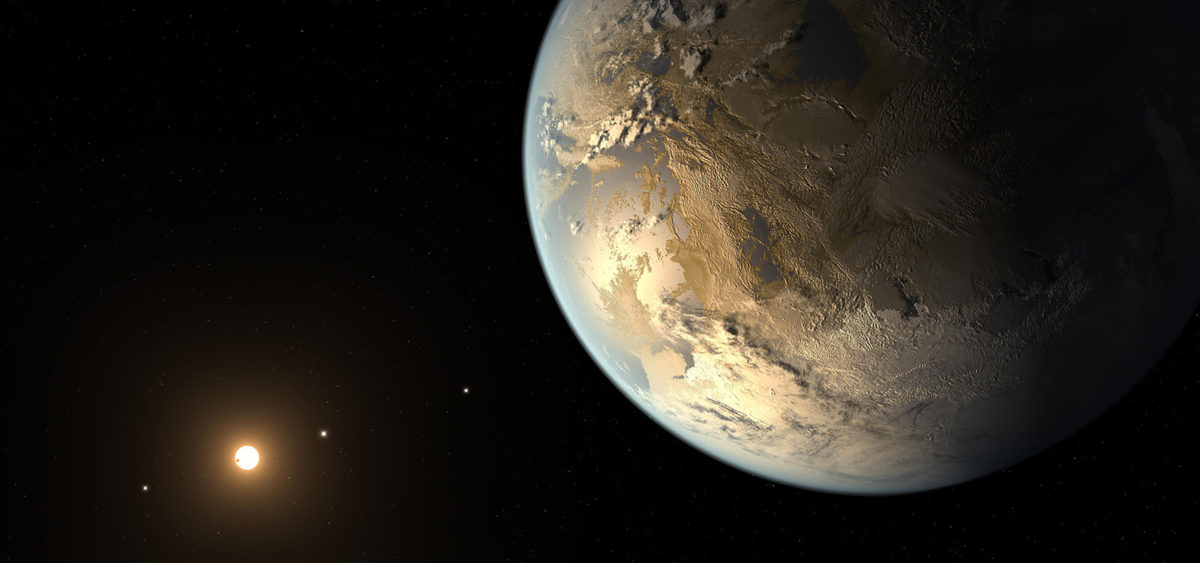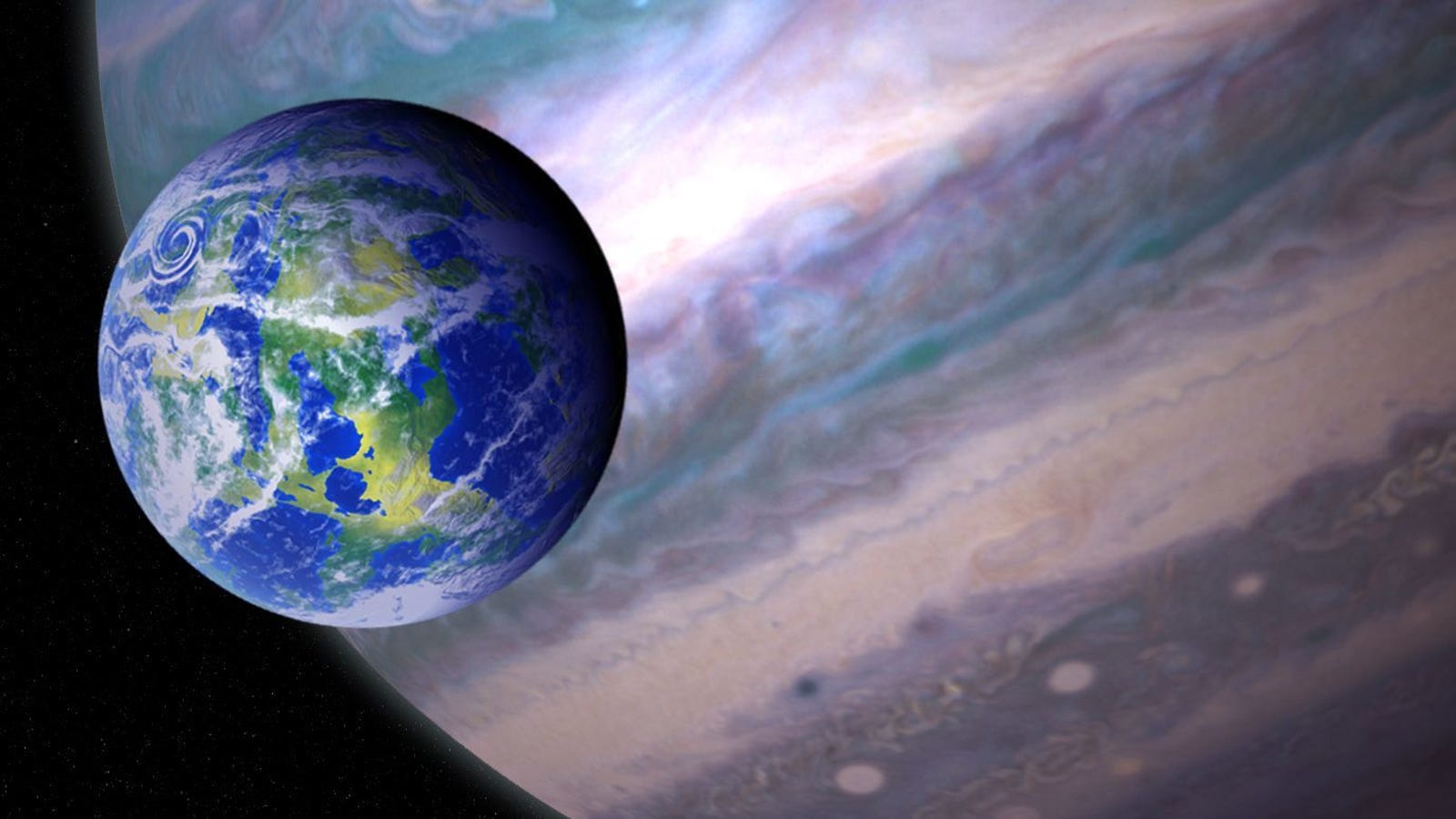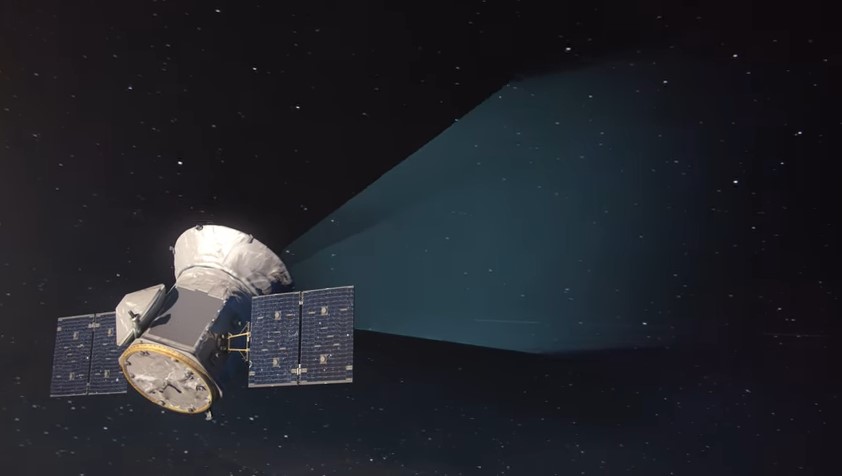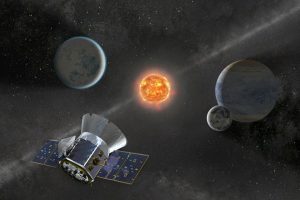TESS can be thought of as the first half of a Kepler-like program. It will help find a lot of planets, including a few that may be close enough to be imaged by existing hardware. But it’s mostly laying the groundwork for the giant telescopes that are currently under construction, as well as the James Webb Space Telescope, which continues to inch toward launch. These will greatly expand our reach out into the galaxy, vastly increasing the distance at which we can image planetary atmospheres.
Two New Exoplanets Discovered by TESS
